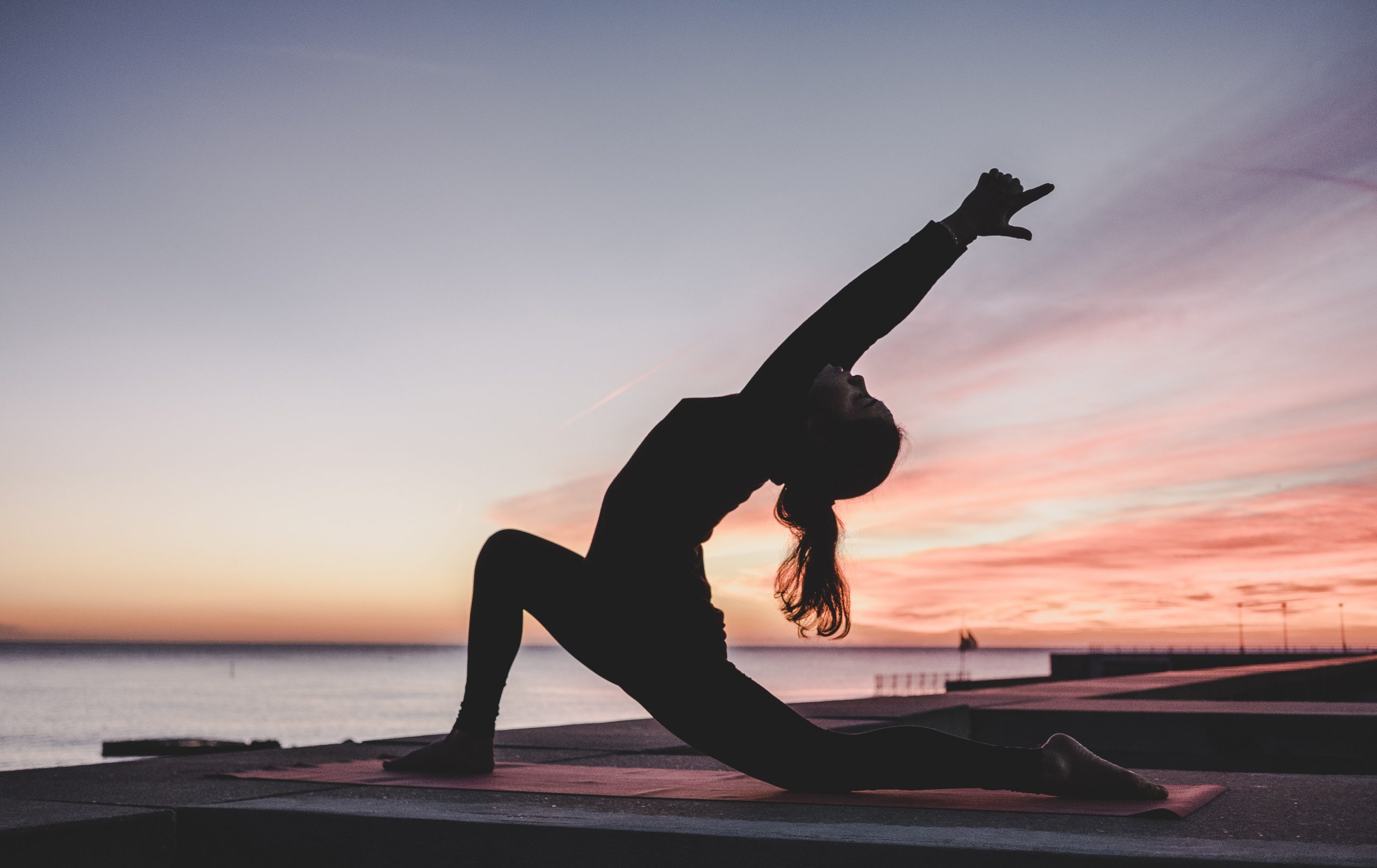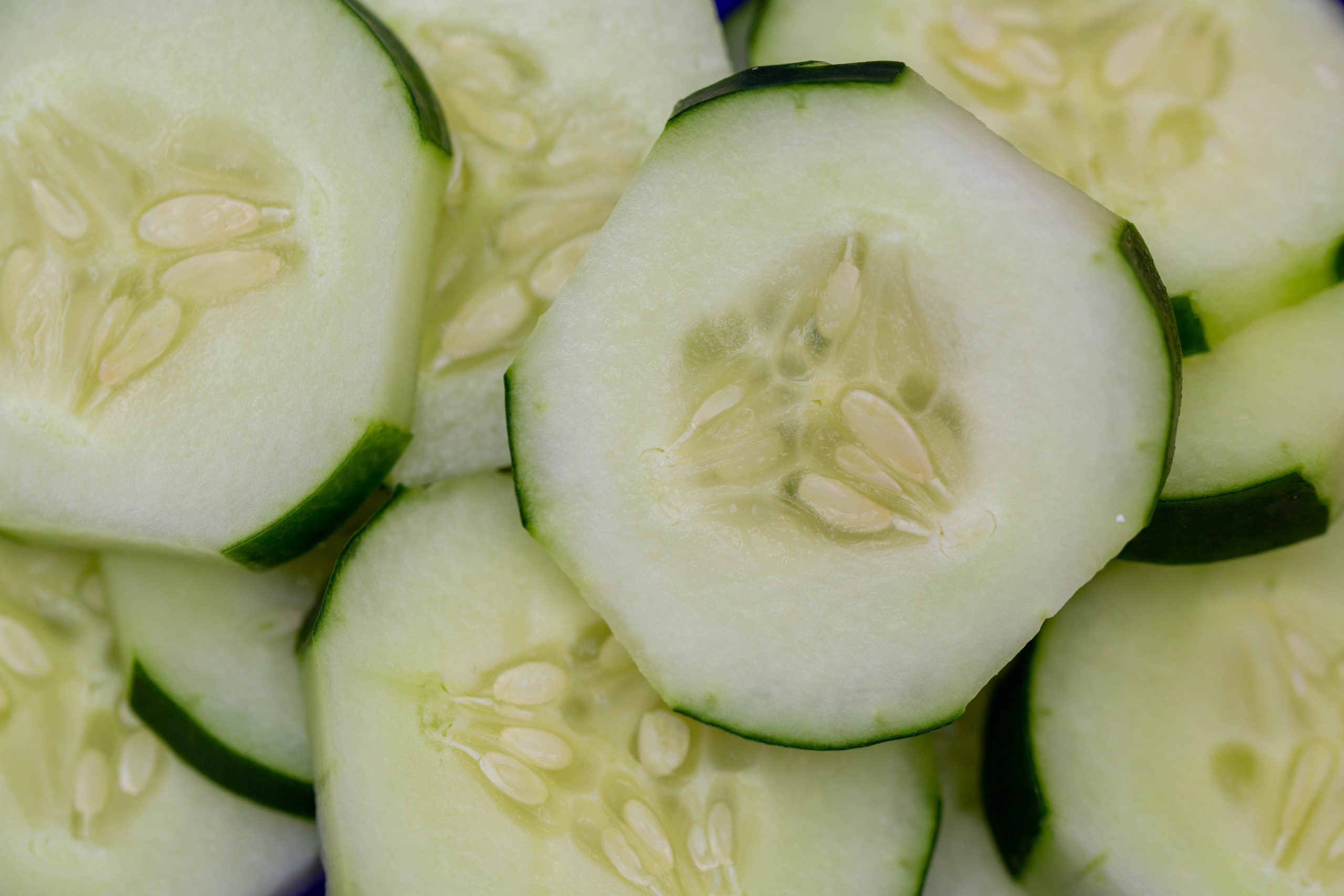
If you find yourself blushing and flushing often, or worry that your skin often looks sensitive and red, then it’s possible you have rosacea. It’s important to speak to a doctor or dermatologist to be certain, but since April is Rosacea Awareness Month, we figured it’s always good to know the facts.
What is rosacea?
Rosacea is a skin condition affecting around 1 in 10 people, but can also affect the eyes in some cases. Most of the time, it’s confined to the face, and causes redness and an acne-like texture.
Almost anyone can have rosacea, but it’s more common in women than in men, in those with paler skin tones, and in the middle-aged and older generations.
If you’re wondering if you have rosacea or are just prone to blushing, there are a few ways you can check. With rosacea, it’s normal to see small red lines under the surface of the skin. These are visible thread veins and are one of the most common symptoms. You may also find the skin on your forehead, cheeks and chin feels a little thicker, and in some subtypes of rosacea you may have a swollen nose or itchy eyes.
Preventing Flare-Ups of Rosacea
Though the cause of the condition remains unknown, there are some truly revolutionary rosacea laser treatments available to help manage the symptoms. However, there are also some great ways to prevent your rosacea from flaring up where possible, with just a few simple changes to your lifestyle and behaviour.
1. Simplify your skincare
Your skincare routine can have an important effect on rosacea flare-ups, and often the products we use that we think are helping, are still too harsh.
When buying skincare products, you should always look for mild, gentle products that don’t contain added perfume or unnecessary chemicals. Products that contain ingredients like alcohol, menthol, sodium lauryl sulfate or camphor should be avoided, as these can lead to flare-ups.
Similarly, even those without rosacea could benefit from being careful with retinol products, as they can be an irritant to delicate skin. If you struggle with rosacea, we’d recommend avoiding retinol altogether, or at least using it infrequently.
Harsh exfoliators and even rubbing and scrubbing your face can be a trigger for some rosacea sufferers, so try to be gentle and use a non-foaming cleanser with a low pH. We’d also recommend using a gentle moisturiser to keep your skin hydrated, as dry skin has also been shown to trigger flare-ups.
2. Remember Sun Protection
One of the most commonly reported causes of rosacea flare-ups is sun exposure. That might sound a little odd, since we’re all regularly exposed to sunlight. But for people with rosacea, sunscreen and staying protected is even more important than for those with normal skin.
Where possible, try to stay covered up if you’re out in the sun for extended periods. Opt for a hat and sunglasses for additional protection and always use an SPF of at least 30 or higher when you’re outside.
When choosing a sunscreen, make sure it’s fragrance free, and doesn’t contain irritants. Look out for ingredients like titanium dioxide and zinc oxide, as these are kind to rosacea and are less likely to trouble your skin.
3. Keep Your Stress Levels Down

We’re sure we’d all like to avoid stress at all costs, as it can cause havoc for our skin. But for those with rosacea, it can be even more of a problem. Many people with rosacea report that they’re more prone to flare up when they’re under a lot of stress or pressure, whether that’s at home or at work.
To keep things under control, make time to de-stress and find activities that help relieve your stress. Maybe try meditating, yoga or exercise. Try our self-care tips, or you could consider joining a rosacea support group.
4. Avoid overheating
Yes, we know we just said try exercise to de-stress, but avoiding overheating even when you work out can help to prevent flare-ups of rosacea. Keep a cold bottle of water or a cool damp towel nearby to keep your temperature down. You should also dress in layers when you exercise (and the rest of the time too!) so that you can remove layers as you get warmer.
It’s also a great idea to keep baths and showers to a warm temperature, rather than scalding hot, as this can aid you in keeping your rosacea under control. If you’re a fan of sitting near the fireplace or radiator, you should also avoid this to keep from overheating.
5. Choose to eat mild foods
Ghost peppers are out for those with rosacea. Spicy foods like curries and chillis can trigger rosacea symptoms, so it’s always better to try to go milder on the spice and heat.
As well as spicy food, hot drinks can also cause some people to flare-up. So if you’re a coffee fan, maybe it’s time to switch to iced coffee. Or at least let your cuppa cool down before you drink it.
6. Limit Your Alcohol Intake
Although many forms of alcohol can trigger rosacea flare-ups, the worst one is probably red wine, which is a total no-go (unfortunately). With other alcoholic beverages, try to reduce your intake to one or two drinks, and make sure you drink a big glass of cool water in between.
7. Try Out Natural Remedies

In addition to measures like laser treatment, there are some natural at home remedies that many patients with rosacea have found beneficial.
Some people report making face packs out of oatmeal to help calm their rosacea. Others use slices of cucumber, gently swept across the face. You can also use a preparation of green tea, cooled and refrigerated, gently applied to the face with a clean cloth.
8. Use Rosacea-Friendly Makeup
Where possible, avoiding make-up altogether will work better for calming a rosacea-flare-up. But we totally understand why you might not want to avoid it, and there are products available that are natural and gentle enough not to trigger flare-ups if you’re careful.
Look for mineral-based make-up that is free from oil, fragrances and preservatives – as all of these can cause flare-ups. Mineral make-ups tend to be gentler and reduce the risk of causing problems.
To balance out the redness in your skin, we’d also recommend using a primer and foundation with a green-toned base, as these will reduce the red colouring.
If you do choose to wear make-up, make sure you remove it before bed with a gentle product.
9. Protect Your Skin From Harsh Weather

In colder weather, or even in a brisk wind, it’s a good idea to protect your skin from the elements to avoid flare-ups. This is because although overheating can cause problems for those with rosacea, extreme cool temperatures can have a similar effect.
Cold weather can be difficult for skin at the best of times, but if you struggle with rosacea, try to keep a scarf with you to protect your skin. Where possible, choose one made with gentle fabrics like silk or acrylic, as rougher fabrics such as wool can trigger problems.